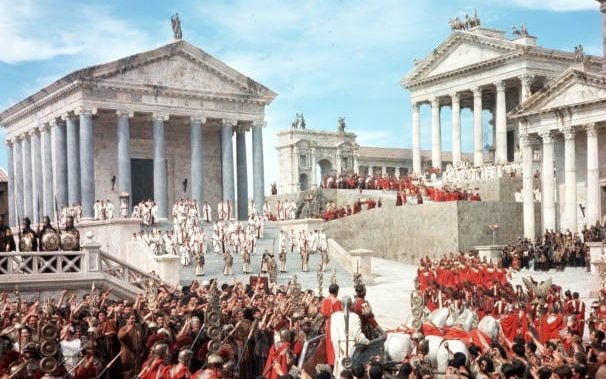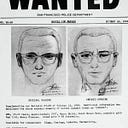The Roman Empire: An Enduring Legacy of Power and Influence

The Roman Empire, one of the greatest and most influential civilizations in history, continues to captivate our imagination. Spanning over a thousand years, from 27 BC to 476 AD, it left an indelible mark on the world. The empire’s rise to power, its vast territories, and its enduring cultural legacy have fascinated historians, scholars, and enthusiasts alike. From the grandeur of its architecture to the might of its military, the Roman Empire stands as a testament to human achievement and ambition. In this article, we will delve into the fascinating history, achievements, and enduring impact of the Roman Empire.
The Roman Empire began as a republic in 509 BC, with Rome as its capital. Over time, it expanded its territories through military conquests, including the defeat of Carthage in the Punic Wars and the annexation of Gaul under Julius Caesar. Augustus, the first emperor, ushered in the era of the Roman Empire in 27 BC. Under his rule, the empire experienced stability and prosperity, known as the Pax Romana. The empire continued to expand, reaching its territorial zenith under Trajan in the 2nd century AD, encompassing vast regions of Europe, North Africa, and the Middle East.
Want to earn money sharing your opinion click here to find out more!
The Roman Empire was renowned for its remarkable achievements in various fields. In architecture, they built iconic structures like the Colosseum, the Pantheon, and aqueducts that supplied water to cities. Roman engineering prowess was evident in the construction of roads, bridges, and the extensive network of tunnels known as catacombs. The empire also made significant contributions to literature, with renowned writers such as Cicero, Virgil, and Ovid. Their legal system, based on the principles of equity and justice, became the foundation for many modern legal systems.
Cultural Legacy: The Roman Empire’s cultural legacy is felt even today. Their language, Latin, formed the basis for the Romance languages spoken throughout Europe. Roman mythology and gods, adapted from Greek mythology, continue to influence art, literature, and popular culture. The concept of a republican form of government, with elected representatives, also traces its roots back to the Roman Republic. Additionally, the spread of Christianity, which became the dominant religion in the empire, had a profound and lasting impact on Western civilization.
Want to earn money sharing your opinion click here to find out more!
Military Might: The Roman Empire’s military prowess was a key factor in its rise and dominance. The well-disciplined Roman legions, with their superior tactics and organization, achieved numerous victories on the battlefield. The empire’s military infrastructure included forts, walls, and watchtowers, protecting its vast borders. The Roman navy, with its advanced ships and navigation techniques, ensured control over the Mediterranean Sea. However, the empire’s military success also sowed the seeds of its decline, as overreliance on conquest and expansion strained its resources and led to internal conflicts.
The Roman Empire faced numerous challenges in its later years. Economic instability, corruption, and political instability weakened the empire from within. External threats, such as invasions by Germanic tribes and the Huns, further eroded its power. In 476 AD, the last Roman emperor was deposed, marking the end of the Western Roman Empire. However, the Eastern Roman Empire, known as the Byzantine Empire, continued to thrive for another thousand years, preserving Roman traditions and culture.
The Roman Empire’s legacy is far-reaching and enduring. Its rise to power, remarkable achievements, and cultural impact have shaped the course of history. From its architectural wonders to its legal principles, the empire’s influence can be seen in various aspects of modern society. While the empire eventually declined and fell, its legacy lives on, reminding us of the heights that human civilization can achieve and the lessons we can learn from both its successes and failures.
Want to earn money sharing your opinion click here to find out more!
